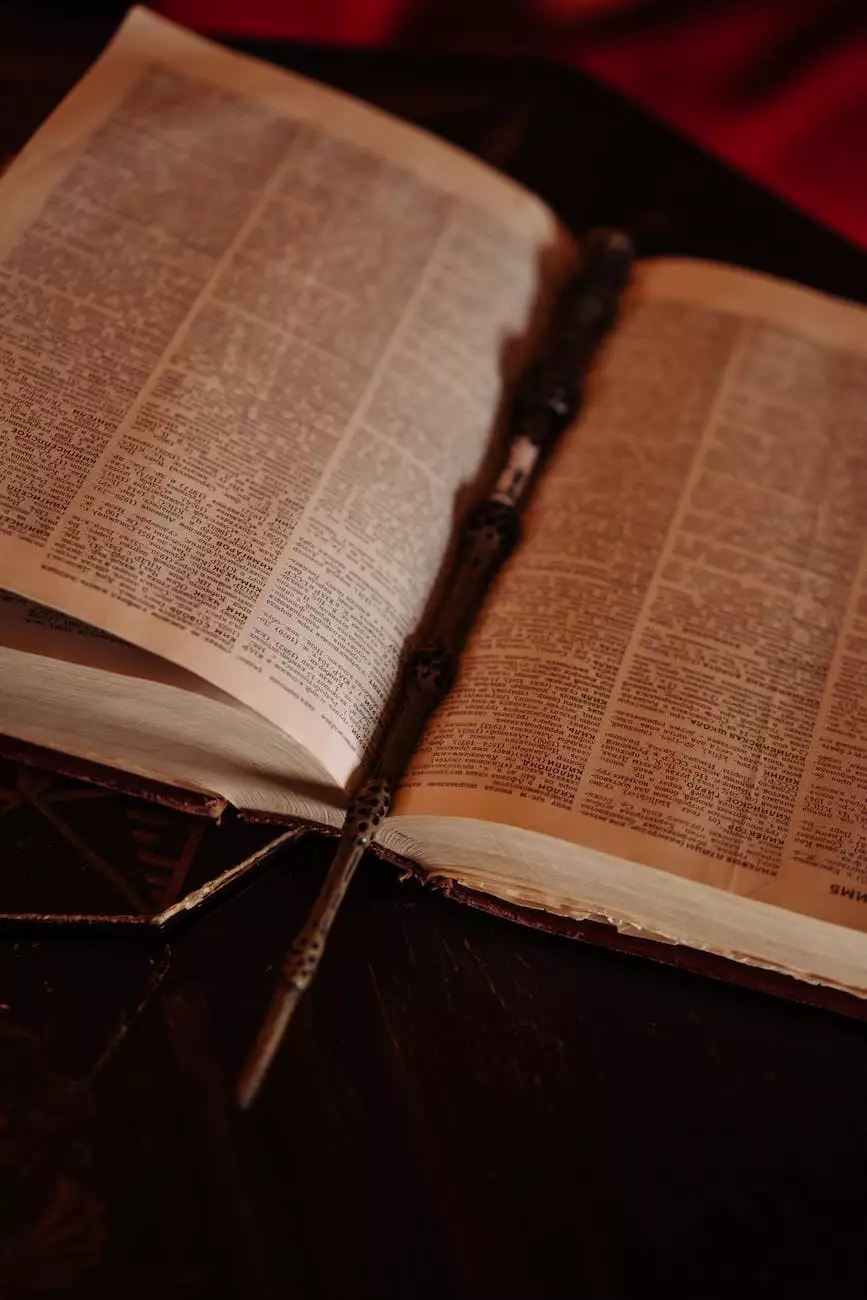Can You Transfer Your Case To Tribal Court?
Blog
Understanding the Complexities and Benefits
If you find yourself involved in a legal dispute, understanding your options is crucial. While many cases are typically handled in state or federal courts, there are instances where transferring your case to tribal court might be a viable alternative. John P. Bennett, Attorney at Law, is here to guide you through this intricate process and offer you expert legal advice tailored to your specific situation.
Why Consider Transferring Your Case?
Transferring your case to tribal court can provide several advantages. It is important to note that not all cases are eligible for transfer, and the decision ultimately depends on a variety of factors including the nature of the case, the parties involved, and the jurisdiction in question.
Here are some reasons why you might consider transferring your case to tribal court:
- Expertise in Tribal Law: Tribal courts specialize in handling legal matters related to tribal law. They possess a deep understanding of tribal customs, traditions, and specific laws, which can benefit your case significantly.
- Cultural Sensitivity: When dealing with a legal matter that directly impacts tribal communities, transferring your case to tribal court ensures that cultural sensitivities and unique aspects of tribal law are taken into account during the legal proceedings.
- Greater Community Engagement: By transferring your case to tribal court, you engage with the tribal community, fostering a sense of belonging and understanding.
- Potential for Quicker Resolution: Tribal courts often have fewer cases to handle compared to state or federal courts, allowing for faster and more efficient case resolution.
- Enhanced Access to Resources: Tribal courts may have specialized resources, programs, or services tailored to address the specific needs of tribal members involved in legal disputes.
Eligibility for Transferring Your Case
While transferring your case to tribal court can be beneficial, it's important to understand the criteria for eligibility. Several factors are considered, including:
- Tribal Jurisdiction: Your case must fall within the jurisdiction of the tribal court in order to be considered for transfer. Tribal courts have limited jurisdiction, and it's recommended to consult with legal professionals, like John P. Bennett, to determine if your case meets the requirements.
- Agreement of All Parties: All parties involved in the case must agree to the transfer. This ensures that everyone is willing to cooperate and participate in the tribal court proceedings.
The Process of Transferring Your Case
The process of transferring your case to tribal court involves several steps and can be complex. It's crucial to have an experienced attorney, like John P. Bennett, Attorney at Law, by your side to navigate through the intricacies of the legal system.
Here is a general overview of the process:
1. Initial Consultation: Schedule a consultation with John P. Bennett, Attorney at Law, to discuss your case, evaluate its eligibility for transfer, and ensure you have a clear understanding of the potential benefits.
2. Gathering Necessary Documentation: Collect all the relevant documentation related to your case, including court documents, evidence, and any other pertinent information that can support your request for transfer.
3. Filing the Transfer Request: With the guidance of your attorney, file a formal request to transfer your case to tribal court. This request should include a detailed explanation of why you believe the transfer is in the best interest of all parties involved.
4. Review and Decision: The tribal court will review your request and assess the eligibility and feasibility of transferring your case. The court will consider various factors, including jurisdiction, tribal laws, and the agreement of all parties involved, before reaching a decision.
5. Case Transfer: If the tribal court approves your request, your case will be formally transferred from the state or federal court to tribal court. This marks the beginning of the legal proceedings in the tribal court system.
Choose John P. Bennett, Attorney at Law, for Expert Guidance
When it comes to transferring your case to tribal court, having the right legal representation is paramount. John P. Bennett, Attorney at Law, specializes in tribal law and has extensive experience navigating the complexities of the legal system.
With John P. Bennett, you can expect:
- Expertise and Knowledge: John P. Bennett has a deep understanding of tribal law and a track record of successfully handling cases in tribal court. He will provide you with expert advice tailored to your specific situation.
- Personalized Attention: Attorney Bennett is committed to providing personalized attention to each client. He will take the time to understand your needs, answer your questions, and guide you through the entire process.
- Strong Advocacy: As your legal representative, John P. Bennett will be your strong advocate, fighting for your rights and best interests in tribal court. He will ensure that your voice is heard and that you receive a fair and just resolution.
- Compassionate Support: Going through a legal dispute can be emotionally challenging. John P. Bennett understands this and offers compassionate support, always keeping your well-being as a top priority.
For expert guidance and representation in transferring your case to tribal court, contact John P. Bennett, Attorney at Law, today at (918) 458-2677. Let Attorney Bennett help you navigate the complexities of tribal law and ensure the best possible outcome for your case.




